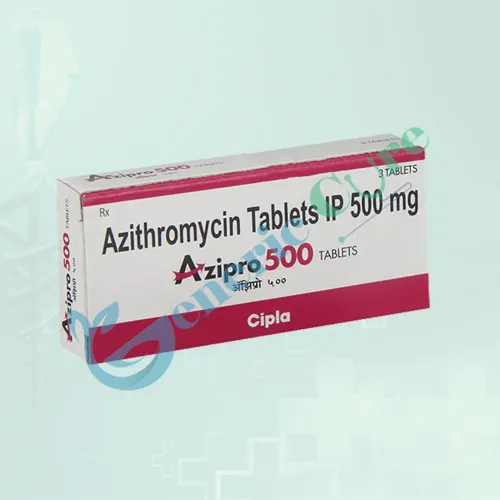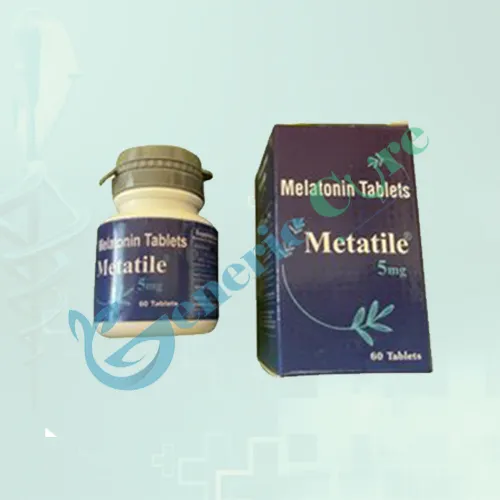Artemisinin 100 mg
$80.00 – $380.00
| Tablet | Price | Quantity | |
|---|---|---|---|
| 100 Tablets/s | $80.00 | ||
| 200 Tablets/s | $140.00 | ||
| 300 Tablet/s | $250.00 | ||
| 500 Tablet/s | $380.00 |
Description
Artemisinin 100 mg capsules are a wide recognize antimalarial treatment derive from the sweet wormwood plant (Artemisia annua). Known for its rapid action against malaria parasites, artemisinin and its derivatives are crucial components in the global fight against malaria. Here’s an in-depth look at these capsules, focusing on their properties, uses, mechanisms, and considerations.
What is Artemisinin 100 mg?
- Origin: Artemisinin is a sesquiterpene lactone with a unique endoperoxide bridge, extracted from the Artemisia annua plant, traditionally used in Chinese medicine.
- Discovery: The antimalarial properties of artemisinin were discovere in the 1970s by Chinese scientist Tu Youyou, who was later awarded the Nobel Prize for this breakthrough.
- Forms: Artemisinin can administer in various forms, including capsules, tablets, and injectables. The 100 mg capsule is a common dosage form use in combination therapies.
How to use Artemisinin 100 mg?
- Parasite Targeting: Artemisinin works by interacting with iron in the malaria parasite (Plasmodium species). When artemisinin comes into contact with iron, it produces free radicals that damage the parasite’s proteins and membranes, leading to its death.
- Rapid Action: The drug is know for its fast-acting properties, often clearing the blood of parasites within 48 hours. This rapid action is crucial for treating acute malaria and preventing complications.
If you need to buy Relinquish-M Tablet you can purchase now our Generic Cure medicine.
Indications and Uses
- Primary Use: Artemisinin is primarily use to treat uncomplicate malaria caused by Plasmodium falciparum, the most dangerous malaria parasite. It’s often administer in combination with other antimalarials, a regimen known as Artemisinin-base Combination Therapy (ACT).
- Combination Therapy: ACT is recommend by the World Health Organization (WHO) to delay the development of resistance. The 100 mg artemisinin capsule is often pair with drugs like lumefantrine, mefloquine, or piperaquine.
- Additional Uses: Research is ongoing into the potential use of artemisinin and its derivatives in treating other conditions, such as certain cancers and viral infections, though these uses are still experimental.
Artemisinin 100 mg Dosage and Administration
- Standard Dosage: The typical dosage for an adult is 100 mg of artemisinin, usually taken twice daily as part of an ACT regimen for a period of 3 to 7 days, depending on the specific combination and the severity of the infection.
- Pediatric Dosage: The dosage is adjust base on the body weight of children. Pediatric use requires careful monitoring to avoid underdosing or overdosing.
- Administration: The capsules should take with water and preferably with food to enhance absorption and reduce gastrointestinal side effects.
Pharmacokinetics
- Absorption: Artemisinin is absorb rapidly from the gastrointestinal tract, reaching peak plasma concentrations within 1-2 hours after oral administration.
- Metabolism: It is metabolize in the liver, primarily by the cytochrome P450 enzyme system, into active metabolites like dihydroartemisinin, which also has potent antimalarial properties.
- Elimination: The drug has a relatively short half-life of about 1-2 hours, which is why it is often administer multiple times a day to maintain effective blood levels.
What are the Side Effects of Artemisinin 100 mg?
- Common Side Effects: While artemisinin is generally well-tolerat, some patients may experience mild side effects, such as nausea, vomiting, diarrhea, dizziness, and headaches.
- Severe Side Effects: Rare but serious side effects include allergic reactions, liver enzyme abnormalities, and neurotoxicity, particularly with prolonged use or in high doses.
- Safety Profile: Due to its short half-life and rapid clearance from the body, the risk of severe toxicity is low when used as recommended.
Precautions and Warnings
- Pregnancy: Artemisinin is generally consider safe during the second and third trimesters of pregnancy. However, its use during the first trimester is often avoid unless no other treatment options are available, as safety data is limited.
- Drug Interactions: Artemisinin can interact with other medications, particularly those metabolized by the liver. For example, it may reduce the effectiveness of drugs like antiretrovirals or anticonvulsants.
- Resistance: The overuse or misuse of artemisinin can contribute to developing drug-resistant malaria strains. It’s crucial to adhere to prescribed treatment regimens to prevent this.
Special Populations
- Children: Pediatric patients require dose adjustments based on body weight. They should be closely monitored to avoid side effects.
- Elderly: Older adults may be at increased risk of adverse effects due to potential liver or kidney function decline. Dose adjustments and careful monitoring may be necessary.
- Patients with Liver or Kidney Impairment: Since artemisinin is metabolized by the liver and excreted by the kidneys, patients with hepatic or renal impairment may need dosage adjustments and close monitoring.
Storage and Stability
- Storage Conditions: To maintain efficacy, Artemisinin capsules should be stored at room temperature, away from moisture and direct sunlight.
- Shelf Life: The capsules generally have a shelf life of 2 to 3 years if stored properly. Always check the expiration date before use.
Other Pills:
Xarelto 10 Mg Tablet (Rivaroxaban) | Xarelto 15 Mg Tablet (Rivaroxaban) | Xarelto 20 Mg Tablet (Rivaroxaban) | Spironolactone 25 mg | Fenofibrate 160 mg
Additional information
| Tablet | 100 Tablets/s, 200 Tablets/s, 300 Tablet/s, 500 Tablet/s |
|---|---|
| Active Ingredient: | artemisinin |
| Manufacturer | KACHELA |
| Strength | 100 Mg |
| Delivery Time | 6 To 15 days |









Reviews
There are no reviews yet.